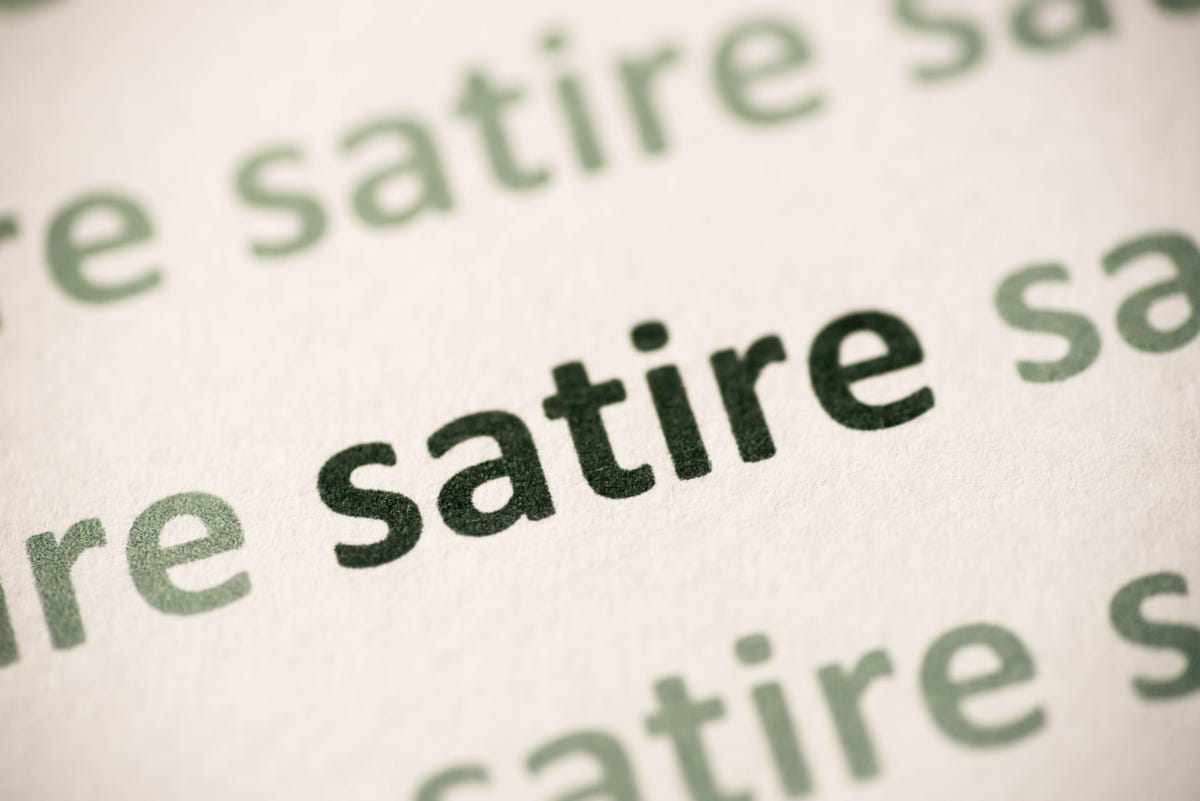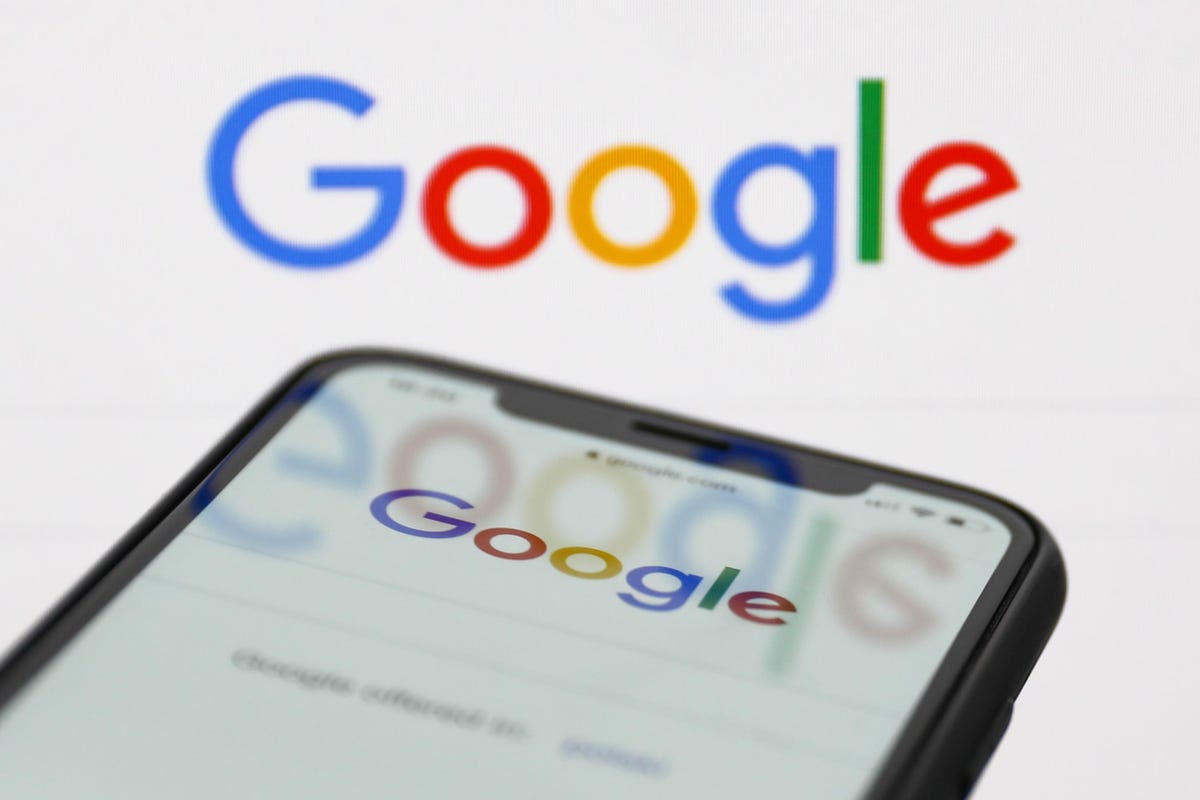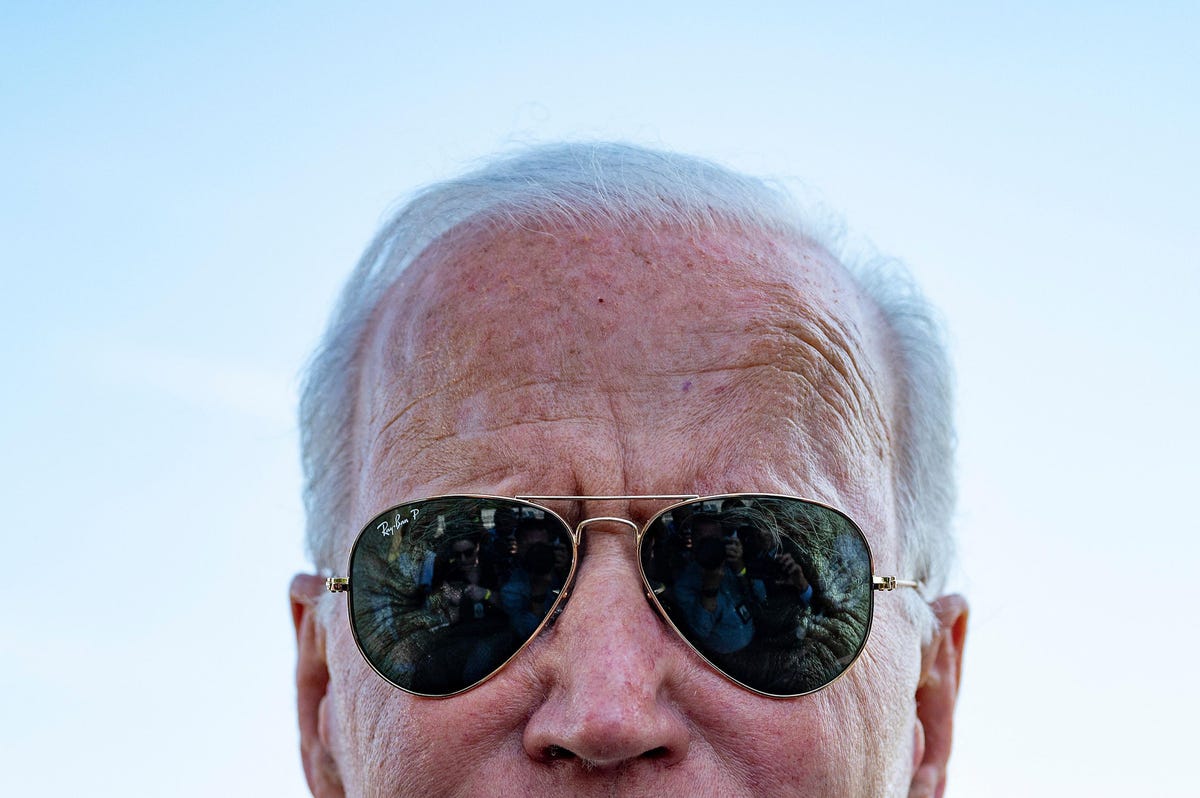Hispanic individuals in a gathering room ignoring their work and performing some social networking on their … [+] smartphones
What for those who might benefit from your time?
That’s a primary query to ask within the age of distraction. Algorithms on social media, as all of us realized from the documentary The Social Dilemma on Netflix, are designed to maintain us hooked in any respect hours of the day (and generally late into the evening).
We’re residing at a time when the extra you doom scroll, the extra you assist pay the payments at Fb. (Apparently, they really need your help.)
But, as with something that appears exhausting to manage, surprisingly compelling and alluring, or downright addictive and obsession-worthy, we now have to ask the robust questions on why we’re so obsessed. Why does it destroy our productiveness, how can we achieve again management, and what would we reclaim in life if we weren’t so distracted?
Creator, speaker, and vibrant thinker Clay Scroggins (who just released a new book about leadership) has an evidence for why it looks like know-how, social media, our telephones, and the entire different digital litter in our life appear to be gaining increasingly more of a foothold and why they’re ever extra distracting: “As a result of distractions work,” he says. “They hold us from feeling the issues we don’t wish to really feel.”
I had a jaw-drop second at that remark.
Distractions do work. They hold us from the issues that matter, from the issues which can be really productive, and from the issues that make us really feel. A complete decade of smartphone and social media obsession, summed up in a single phrase.
“Our society is essentially the most pressured, depressed, anxious, and nervous group of people to ever stroll the planet,” he says. “As an alternative of coping with our painful feelings, it’s simpler to only open up an app and scroll till our thumbs cramp. And similar to we by no means resolve Instagram’s infinite timeline, we by no means resolve our feelings, both.”
Scroggins calls this an infinite cycle. We wish to satiate ourselves, so we choose one thing that’s shallow and meaningless, which implies we by no means cope with what is admittedly troubling us within the first place. The way in which I’ve outlined this cycle in my book about developing good habits is that the reward we’re trying to find doesn’t really exist on social media, which is what makes it so compelling. No matter notion of a reward we’d really feel, we by no means acquire it so we hold in search of it.
As a result of social media is so shallow, it caters to an viewers (all of us, really) who don’t wish to wade out into the depths. Inauthenticity works. We don’t should assume too exhausting when somebody posts their political beliefs or slams a whole individuals group.
“The newfound temptation to say all the appropriate issues whereas doing nothing about it has by no means been so prevalent,” says Scroggins. “For instance, keep in mind the summer time of 2020? What number of firms (and people for that matter) launched statements condemning racism whereas doing little or no to again it up?”
“Leaders of the long run should do the interior work, in their very own souls and within the souls of their firms, to struggle for authenticity,” he provides. “Both put up what’s true or don’t put up in any respect as a result of as a society, we all know an excessive amount of to be fooled many extra occasions.”
The problem with social media and all of know-how is to determine what is worth it and has worth, and what’s inflicting distraction.
That’s not simple. Scroggins says he makes use of social media to attach with readers, and he’s by no means discovered a greater method to try this. For a few of us, the answer is to give attention to the great, the issues that matter. That’s what Scroggins suggests as effectively.
“Studying to understand what others are doing with out taking your eye off of the imaginative and prescient you may have on your personal life and group is a should,” he says. “And studying when to unfollow somebody when the comparability turns into an excessive amount of is required for anybody desirous about dealing with social media efficiently.”
How are you answering the questions he’s posing? Is social media a mere distraction or has it proved helpful not directly? Drop a touch upon my Twitter feed and tag me, or send me an email with your thoughts on the topic.






